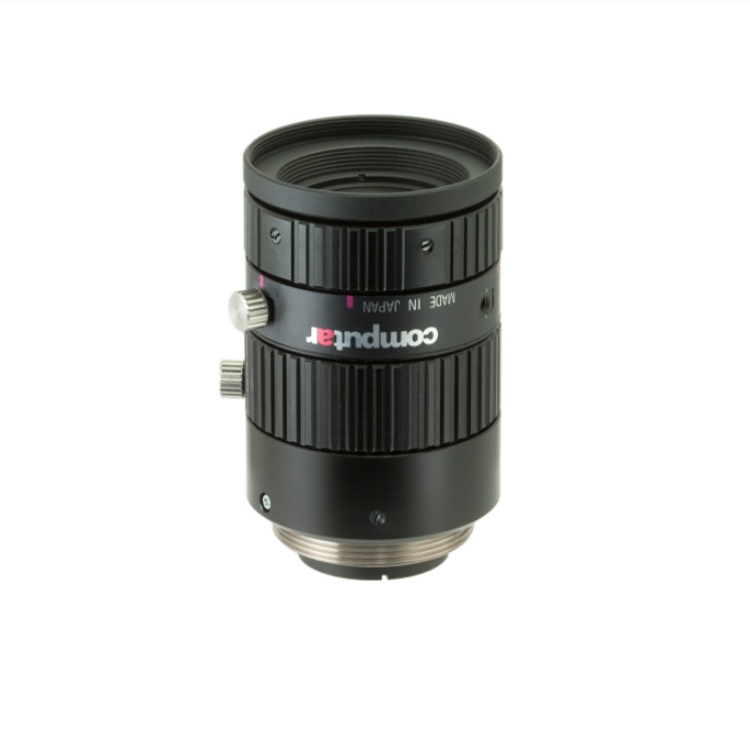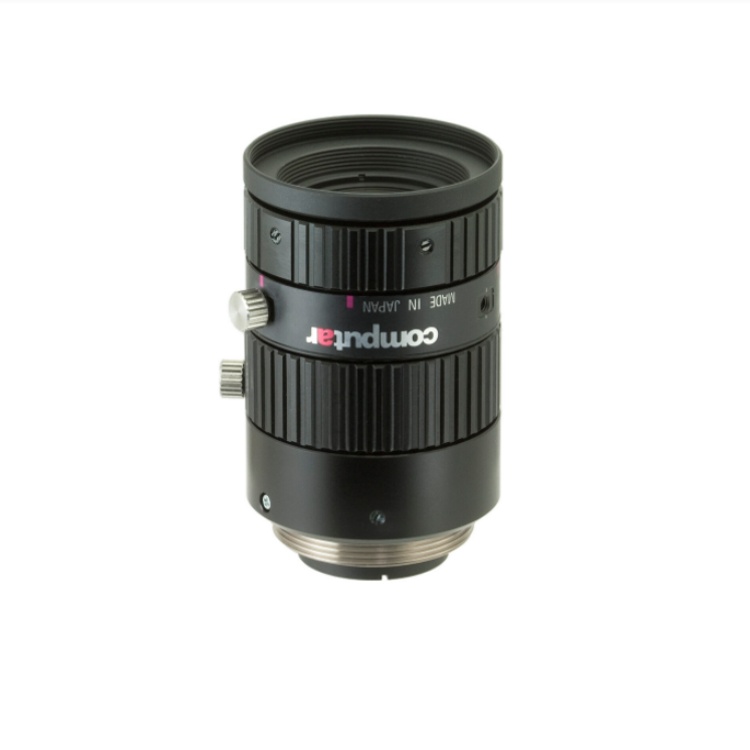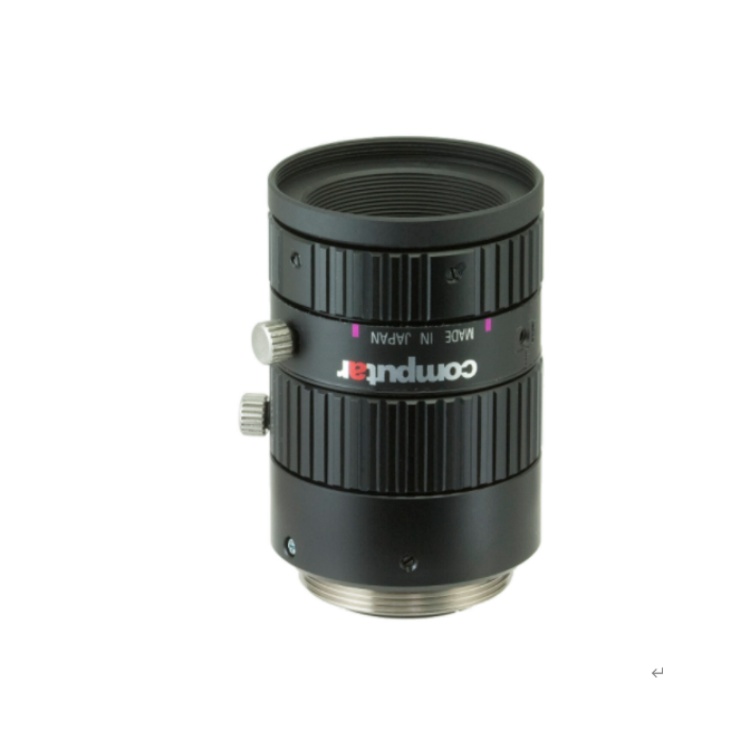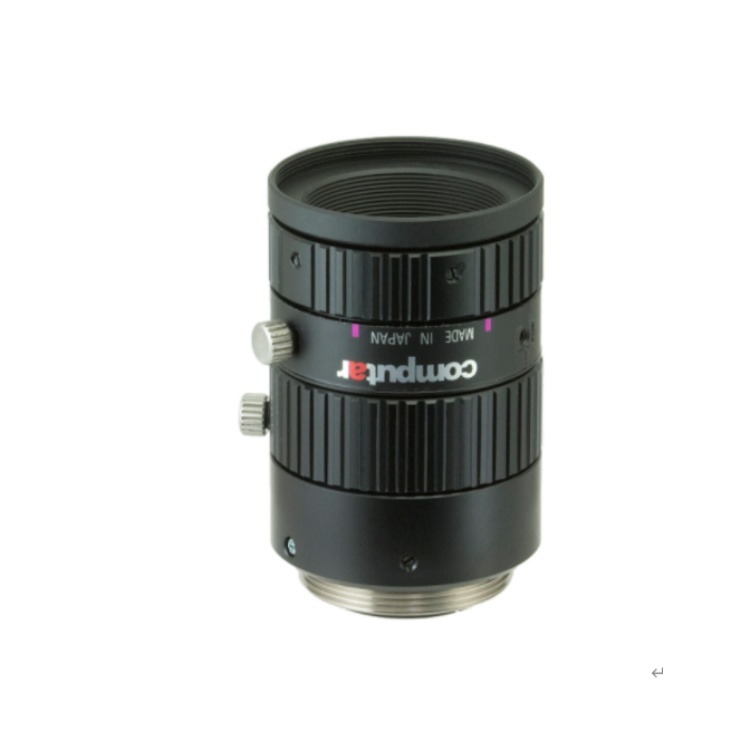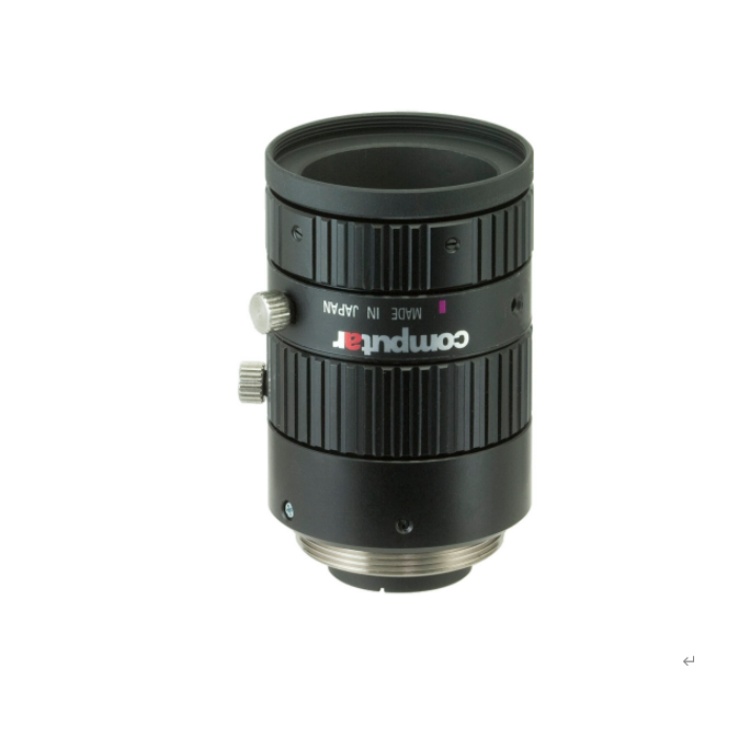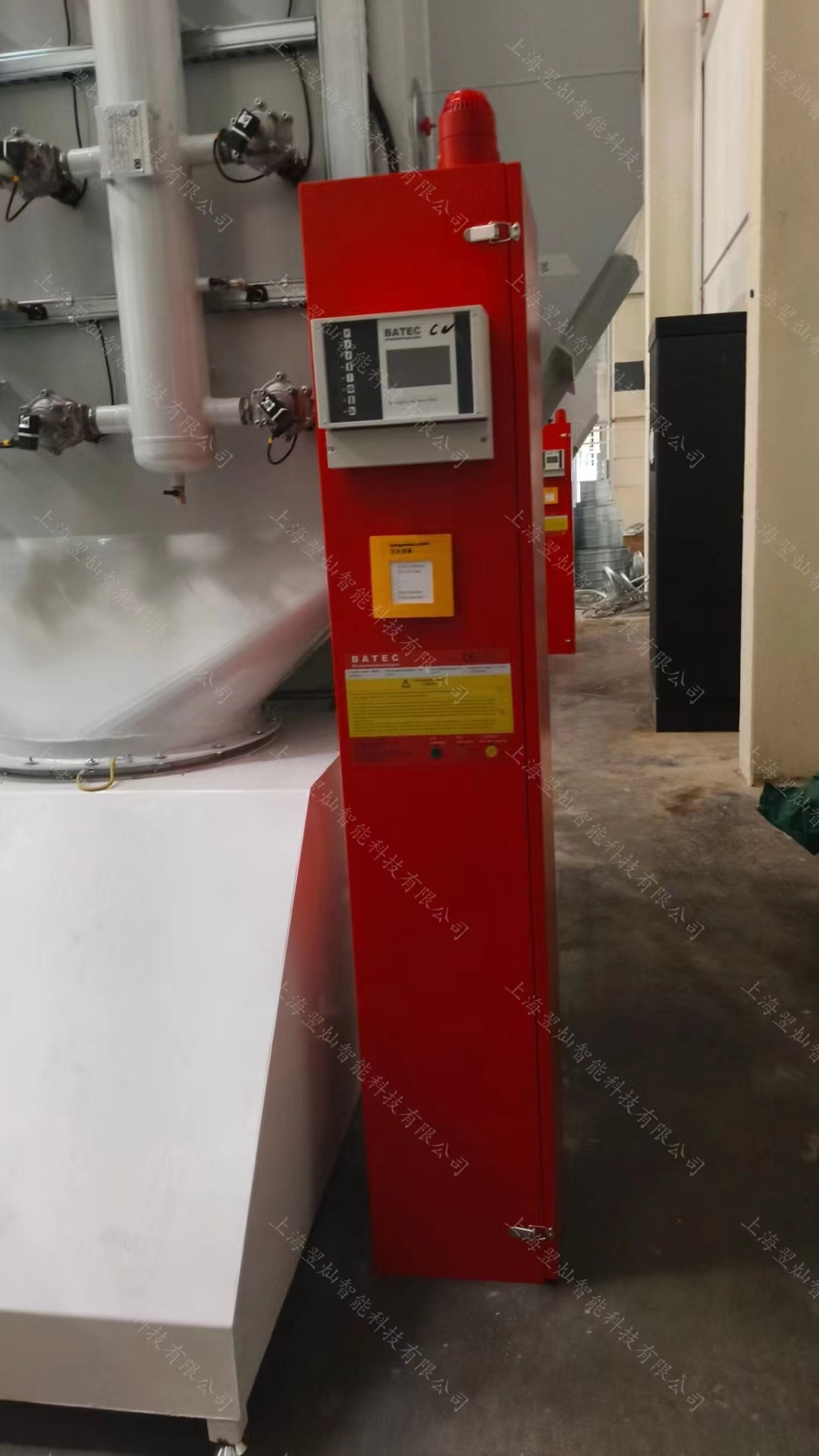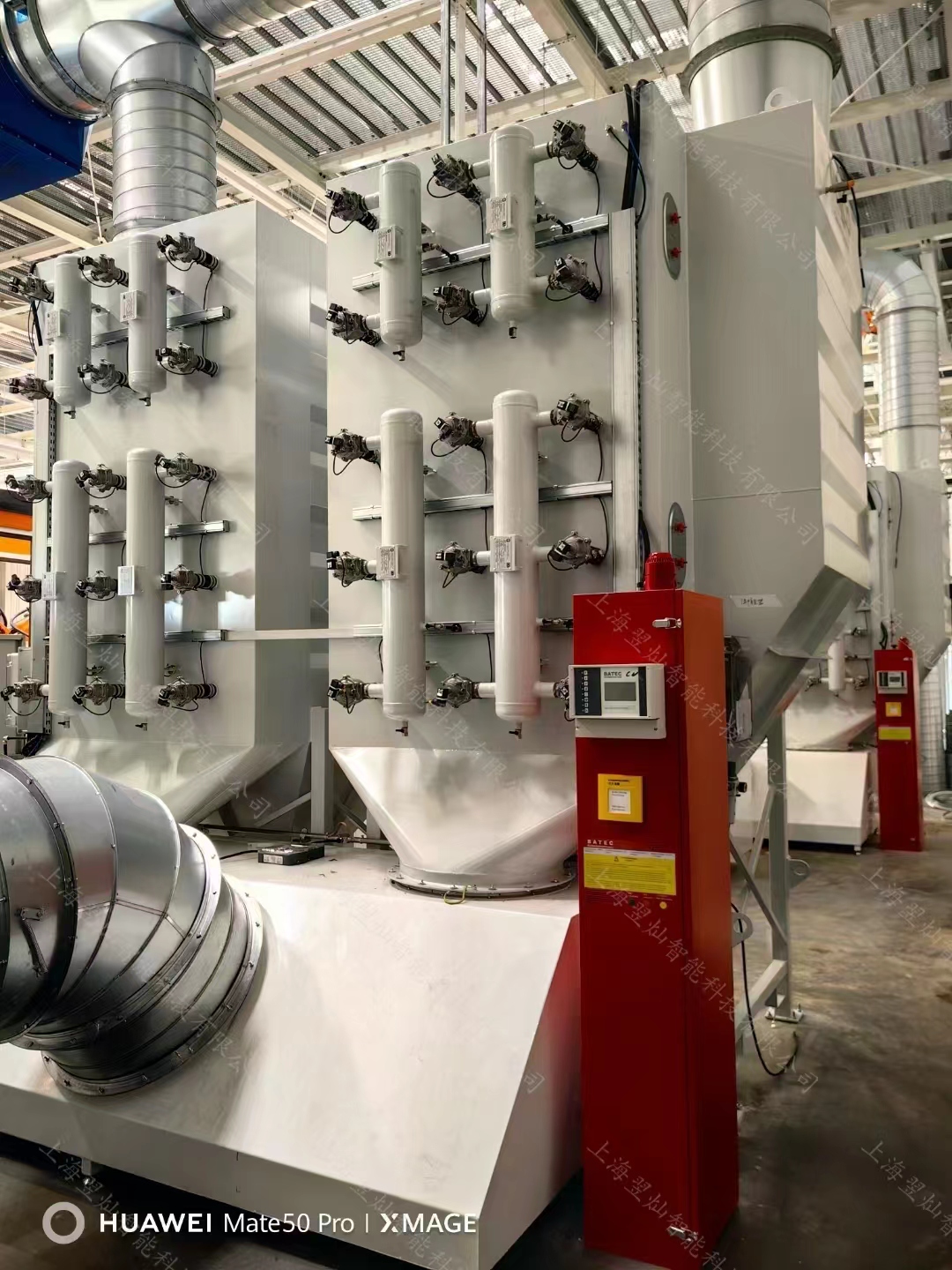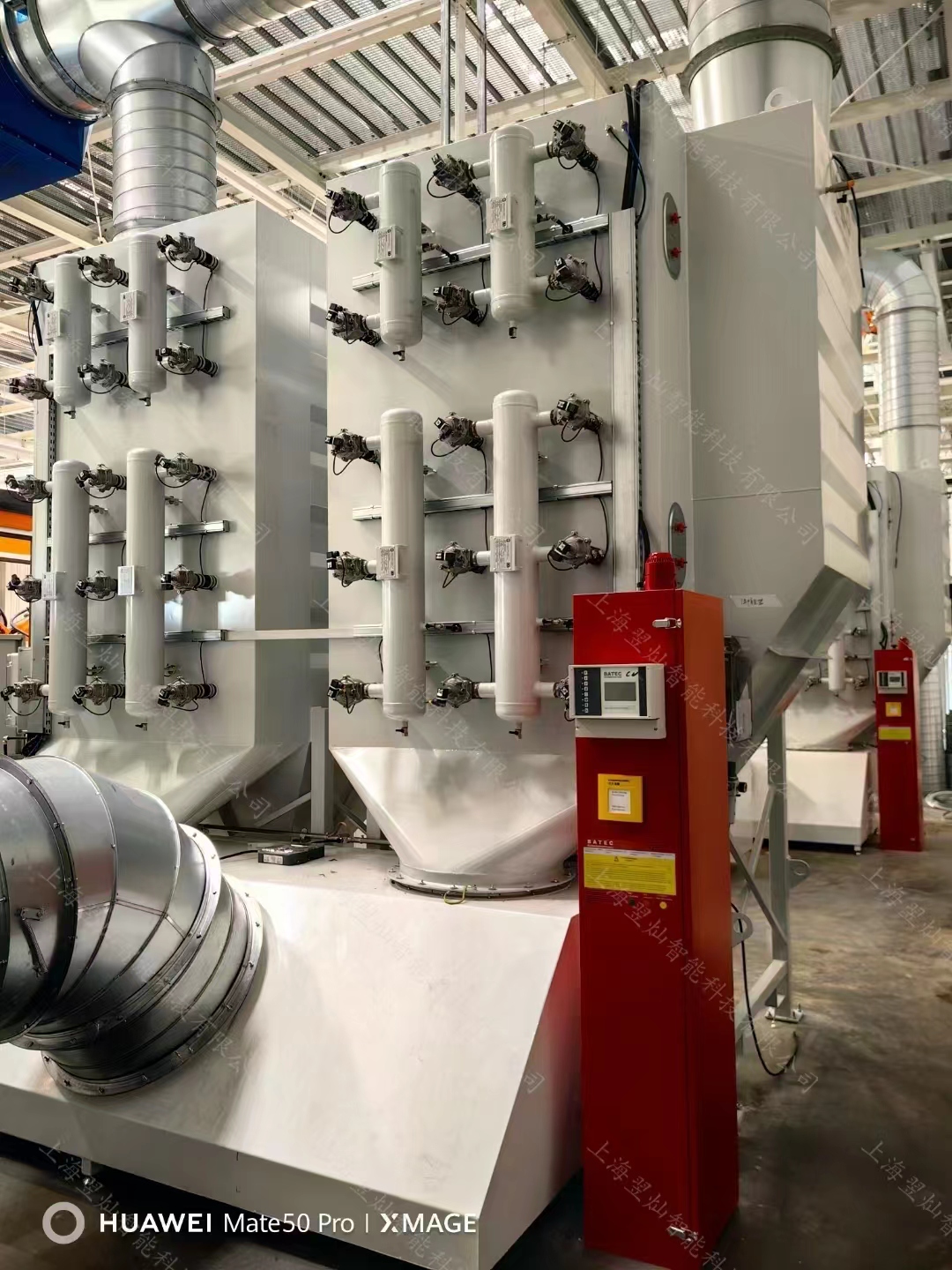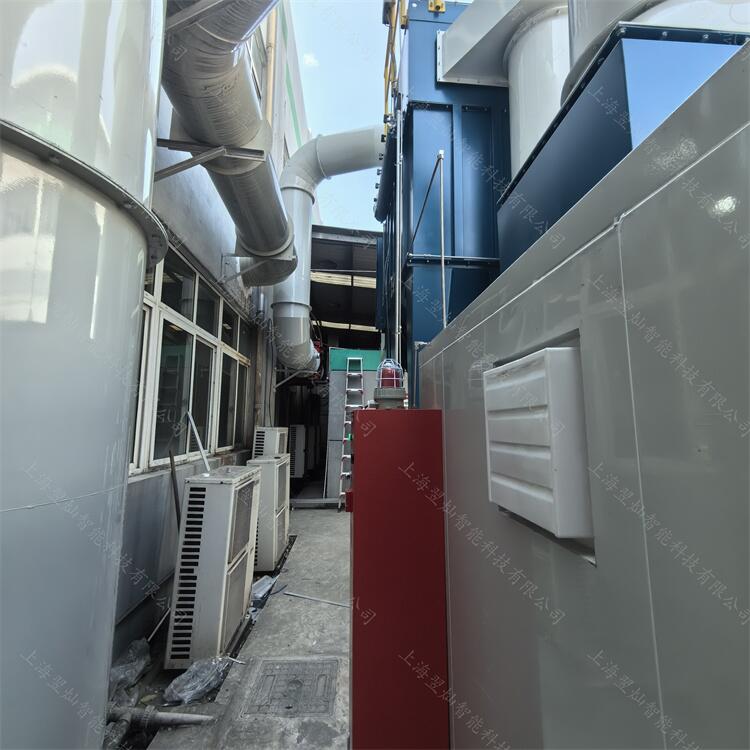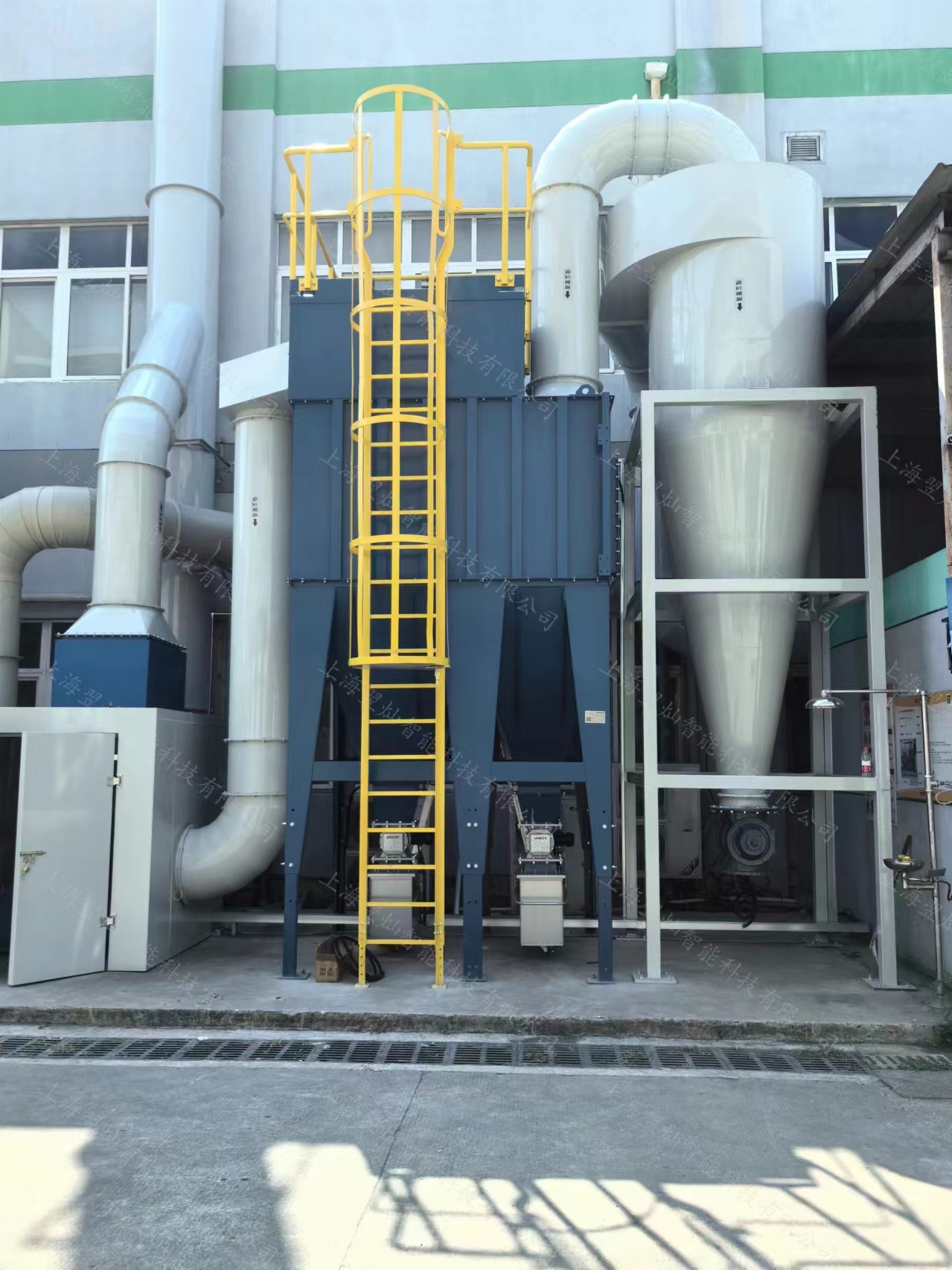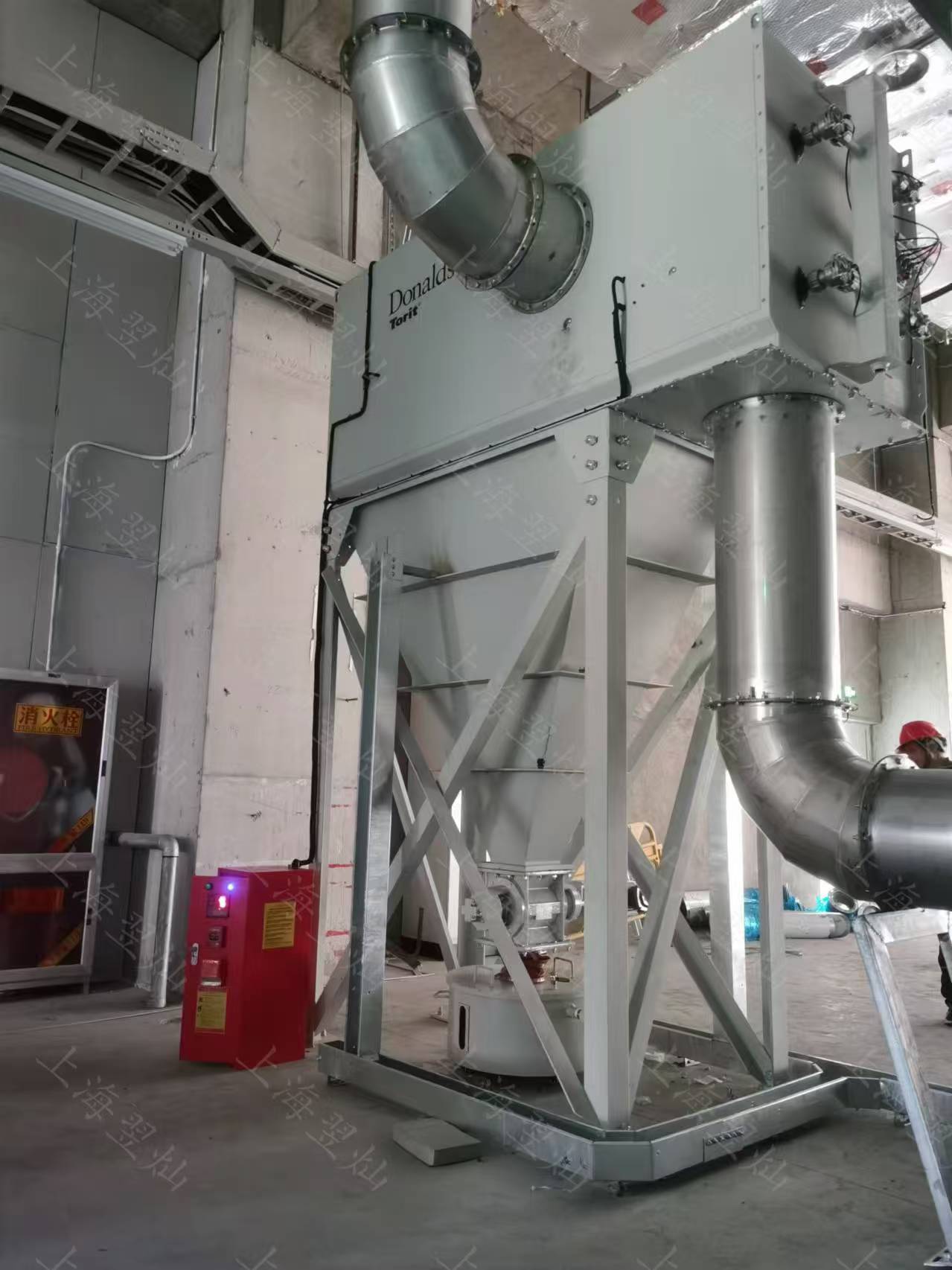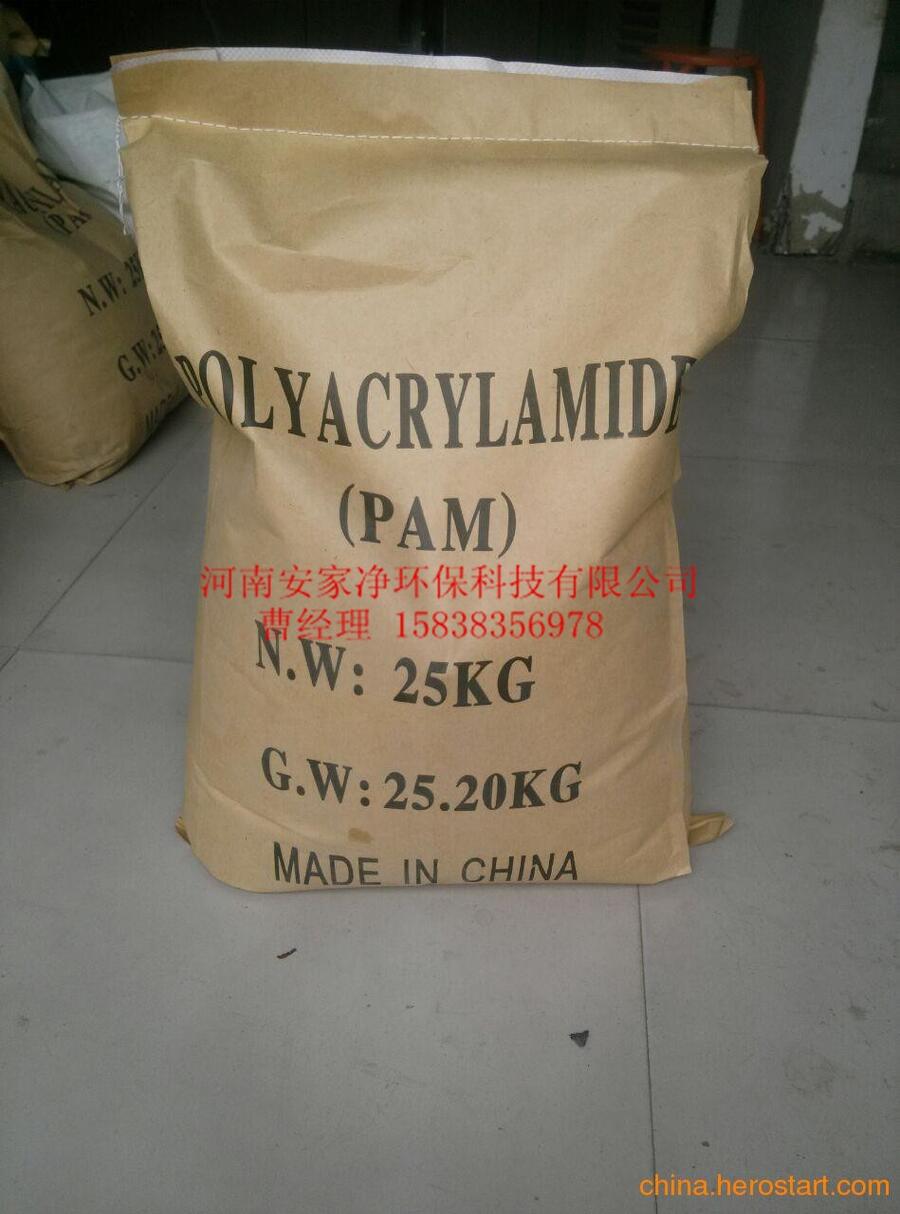
鄂州印染食品污水沉淀剂阴离子聚丙烯酰胺pam造纸废水絮凝剂养殖场污泥脱水压滤
产品价格:¥32333(人民币)
商铺名称:河南安家净环保有限公司
联系人:曹经理(先生)
联系手机:
固定电话:
企业邮箱:1090222013@qq.com
联系地址:河南巩义永安路经济开发区
邮编:
联系我时,请说是在智能安防网上看到的,谢谢!
商品详情
鄂州2020年能不能重新启动 恢复出厂设置呢 聚合氯化铝 聚丙烯酰胺 净水行业的路如何前行
2020年你在哪里 我在家 什么时间复工 不知道 这是很多业务人员朋友之间的聊天 聚丙烯酰胺和聚合氯化铝的使用主要是用于污水处理 污水厂 印染厂 造纸厂 食品厂 这些企业很多都是中小型企业 复工复产审核难度高 但测定铅、锌、铝、铁、钴、锑、镍和锡。络合稳定剂。乙酰化效果的辅助剂、缓冲剂、干燥剂、媒染剂。
2、用于测定铅、锌、铝、铁、钴、锑、镍、锡。



用作有机合成的酯化剂以及摄影药品、医药、印染媒染剂、缓冲剂、化学试剂、肉类防腐、颜料、鞣革等许多方面。
3、用作缓冲剂、调味剂、增香剂及ph值调理剂。作为调味剂的缓冲剂,可缓和不良气味并防止变色改进风味时运用0.1%~0.3%。具有一定的防霉效果,如运用0.1%~0.3%于鱼肉糜制品及面包。亦可用作调味酱、酸菜、蛋黄酱、鱼糕、腊肠、面包、黏糕等的酸味剂。与甲基纤维素、磷酸盐等混合,用于进步腊肠、面包、黏糕等的保存性。
4、用作硫黄调理型氯丁橡胶炼焦的防焦剂,用量一般为0.5质量份。还可用作动物胶的交联剂。
5、本品可用于碱性电镀锡的添加,但对镀层及电镀过程并无明显影响,不是必要成分。乙酸钠常用作缓冲剂,如用于酸性镀锌、碱性镀锡和化学镀镍。
AM聚丙烯酰胺的合成及工艺物理特性:PAM由丙烯腈与水在骨架铜催化剂作用下直接反响生成聚丙烯酰胺再经离子交流聚合单调,等工序即得废品,工艺简介如下:催化剂:催化水合CH2=CHCN+H2O 湿度 CH2=CHCONH2 聚合nCH2=CHCONH2-引发剂-CH2CHCONH2
聚丙烯酰胺工业用处:聚丙烯酸胺(PAM)分子量高、水溶性好、可调理分子量,并能够引进各种离子基团以得到特定的性能。低分子量是分散资料有效增调剂或稳定剂,高分子量是重要的絮凝剂,它能够制造出亲水而水污泥脱水 污水脱泥处置中 聚丙烯酰胺的运用遇到常见问题的处理方法
污泥脱水都要用到压滤机 板式压滤机 带式压滤机 跌落式压滤机 不论是什么压滤机 懂有本人的优点缺陷 有的是用聚丙烯酰胺量多 有的是压出来 含水量低 但是遇到的问题是压泥不洁净 含水量高 沉淀速度慢 反响不充沛 沾履带 这些问题 很多时分是由于加药用量问题 聚丙烯酰胺的运用十分严厉的 几 适宜不适宜 很重要 还有就是 压滤机设备 工作问题 效果不好 假如有这些问题联络我们 河南安家净 全程为您效劳
净水资料的品种繁多 数不胜数 聚丙烯酰胺 聚合氯化铝 聚合硫酸铁聚合氯化铝铁 这些是最常用的
还有阻垢剂 除磷剂 消泡剂 消遍及全国各个行业范畴 不理解这一个行的 平常人生活饮用的自来水 总以为来之简单容易 用水破张糜费 不晓得顾惜水资源 水来自于大自然的捐赠 但是为什么要有价钱 价钱本钱在哪里 人工 运输管道 再加上 水处置的本钱 普通污水厂 饮用水厂处置本钱一吨水在几毛钱 多则1元左右 水处置的排放规范不一样 还有很多砂石 污泥水不能饮用 只能用于工业运用 比方洗沙水 就能循环运用 造纸厂的水一样能够 安家净环保聚合氯化铝 聚丙烯酰胺是十分专业的一个团队 现场实验 配比适宜的药剂用了 处置到达适宜的排放运用规范 pam pac简简单单的6个字母 是多么强大的 有力的为地球环境做出了很大的奉献 处理的了无数水处置难题
不溶性的凝胶,它对许多团体外表和溶解物质有良可以作为净水药剂使用,也可以在造纸领域被当做助留剂使用,部分造纸使用草浆纤维较短,细胞杂质较高,导致了纸张强度较差,抄纸过程中滤水困难。对于此问题处理办法有两种:机械截留和胶体絮凝。
机械截留类似于过滤作用,它适用于纸张中较长部分纤维,纤细组分隐藏高的原因无法由此说明,助留剂的助留作用也无法用此解释;
胶体絮凝作用为:凝聚作用和絮凝作用。分子量较小或者无机盐、电荷密度较高的聚合物使胶体悬浮液稳定性丧失从而发生絮聚作用称之为凝聚作用,经过电荷中和、异相凝聚和补缀作用几种方法产生的沉积物。聚合氯化铝是指聚凝作用中所提到的无机盐。电荷密度较高的聚合物。
运用聚合氯化铝处理了造纸进程由酸性改为中、碱性规模,纸浆中的阴离子杂质的问题,纸机操作以及纸质量的一系列问题,聚合氯化铝带有阳电荷,可以有效的控制阴离子的作用,有利于纸张滤水性 改善,聚合氯化铝极容易在纤维外表形成吸附,还可以将带有负电荷的填料和纤维吸附,使细料的藏着率有效的提高,浆料的滤水功效得到进一步的改善好的粘附力。由于以上性能PAM普遍应用于絮凝、增稠、减阻、拟胶、粘结、阻垢等范畴 。
阴离子聚丙烯酰胺依据不同用处和用户对产品性能的央求,可选用不同分子量运用。





在工业废水处置中,特别是关于悬浮颗粒、较粗、浓度高、粒子带阳电荷,水的PH值为中性工碱性的污水如钢铁厂废水,电镀厂废水,冶金废水,洗煤废水等污水处置效果很好。
在饮用水处置。我国很多自来水厂的水源自江河泥少及矿物质含量高,比拟混浊,虽经过沉淀处置,但仍达不到央求,需求投加絮凝剂,才干使水质变清,很多自来水厂采用无机絮凝剂,但投加量大,构成污泥量增大效果不好,采用阴离子聚丙烯酰胺作絮凝剂,投加量是无机絮凝的50分之一但效果是无机絮凝剂的几倍至几十倍,特别是我公司消费的聚丙烯酰胺,剩余单体已抵达食品级(小于0.05%),接近国外先进程度对处置饮用水更为合适,关于有机物污染严重的江河水和阴离子聚丙烯酰胺配合运用效果更好。
聚丙烯酰胺用作淀粉厂及酒精厂的流失淀粉及酒糟的回收。往常很多淀粉厂排出的废水内淀粉很高,排放之后影响环境,糜费资源,投加PAM,使淀粉沉淀,沉淀物经压滤机压滤变成饼类可作饲料,酒精厂大量的酒糟就是采用这种工艺加工的,黑龙江某酒精厂就是聚丙烯酰胺作絮凝剂,对酒糟中止回收的而且获得了很大的经济效益。
聚丙烯酰胺用作油田调剖堵水的堵水剂,三次采油的驱油剂。
聚丙烯酰胺用作造纸助剂,PAM在造纸方面用处很普遍,可作为长纤维造纸分散剂,干湿加强剂,助留,助滤剂及造纸废水的絮凝剂等。
最新型的水处置剂聚丙烯酰胺,在很多场所处置污水和上水时,阴离子聚丙烯酰胺和阳离子聚丙烯酰胺配合运用要比单独运用一种离子型聚丙烯酰胺产生十分显著和协同效应,PAM对降低外表张力的才干要远远大于同条件下阳离子或阴离子单独存在的才干,为抵达降低外表张力的央求,需求同时运用阴离子和阳离子聚丙烯酰胺,便两者如运用不当,会产生白色沉淀物,失去运用效果 。而PAM具有两性离子的特性,它能够完成阴离子、阳离子的配合协同作用,面没有任何沉淀物的产生,特别是对水质状况比拟复杂或水的性质经常变化的,运用PAM作为处置絮凝剂更为便当,效果更好。
在污水预处置中采用的污泥取自以钱塘江水为水源的沉淀池,该水厂以聚合氯化铝PAC为絮凝剂。污泥经自然浓缩到含固率为2.7%~2.8%,经测定,污泥中有机物含量为12.1%,sj如含量为52.1%,Al。含量为20.2%。 PAM有阳离子型、阴离子型和非离子型三品种型。非离子型PAM溶解速度较慢,普通不用于污泥预处置,因而实验仅选用两种有代表性的阳离子聚丙烯酰胺和阴离子聚丙烯酰胺。阳离子型PAM分子量1200万,丙烯酰胺单体含量0.012%。阴离子型PAM分子量1250万,丙烯酰胺单体含量0.013%。两种PAM配制浓度均为0.05%%,冰箱冷藏24h后运用。
(1)PAM预处置污泥取lOOml污泥,放入300ml的烧杯中,采用六联搅拌机以1130rpm的转速快 速搅拌30s后疾速投加~定量制备好的PAM,继续以lOOrpm的转速搅拌30s, 然后降低搅拌机转速到20~30rpm慢速搅拌60s促进絮凝。分别测定预处置后污泥的比阻、毛细吸水时间(CST)、过滤液的粘度和离心液的粘度。
(2)比阻按考克力(Coackley)提出的实验办法,采用布氏漏斗实验。布氏漏斗的直径为80mm,滤纸采用由70mm定量中速滤纸,实验真空度控制为0.01MPa。实验反复3次取均匀值。
(3)为了降低比阻,进步污泥脱水效果,在污泥脱水前普通均需对污泥中止预处置。污泥预处置的办法有冰冻一冻结预处置、热处置、酸处置、碱处置、石灰预处置和高分子絮凝剂预处置等,其中高分子絮凝剂聚丙烯酰胺(PAM) 预处置是目前国内外采用最普遍的预处置办法。
(4) 聚丙烯酰胺絮凝剂预处置普通占整个污泥处置费用较高的比例,因而,聚丙烯酰胺的优化选投加率的合理肯定对降低污泥预处置费用相当关键。对选择聚丙烯酰胺的实验办法的研讨已展开多年,包括比阻、CST值、污泥流变性、分别液粘度、活动电流等。The synthesis and process physical properties of AM polyacrylamide: PAM is prepared by direct reaction of acrylonitrile with water under the action of framework copper catalyst, and then dried by ion exchange polymerization. The process is as follows: catalyst: catalytic hydration CH2 = CHCN + H2 humidity CH2 = CHCONH2 polymerization nCH2 = CHCONH2 - initiator - CH2CHCONH2
Industrial uses of polyacrylamide: Polyacrylamide (PAM) has high molecular weight, good water solubility, adjustable molecular weight, and can introduce various ionic groups to obtain specific properties. Low molecular weight is an effective additive or stabilizer for dispersing materials. High molecular weight is an important flocculant. It can produce hydrophilic and water-insoluble gel, which has good adhesion to many groups of surface and dissolved substances. Because of the above properties, PAM is widely used in flocculation, thickening, drag reduction, glue imitation, bonding, scale inhibition and other fields.
Anionic polyacrylamide can be used in different molecular weights according to different uses and user's requirements for product performance.
In industrial wastewater treatment, especially for suspended particles, coarser, high concentration, positive charged particles, neutral and alkaline wastewater such as iron and steel plant wastewater, electroplating plant wastewater, metallurgical wastewater, coal washing wastewater and other wastewater treatment effect is very good.
In drinking water treatment. The water source of many Waterworks in our country is low in mud and high in mineral content, which is turbid. Although it has been treated by precipitation, it still can not meet the requirements. Flocculants are needed to make the water quality clear. Many waterworks use inorganic flocculants, but the amount of inorganic flocculants is large, resulting in poor effect of sludge increase. Anionic polyacrylamide acrylamide monomer was 0.012%. The molecular weight of anionic PAM was 12.5 million and the content of acrylamide monomer was 0.013%. The concentration of two kinds of PAM is 0.05%. They are used after refrigeration for 24 hours.
(1) PAM pretreatment sludge takes lOml sludge and puts it into a 300 ml beaker. Six-unit mixers are used to mix at 1130 RPM speed for 30 seconds, and then the PAM is added to the sludge quickly and quantitatively. The PAM is stirred at lOOrpm speed for 30 seconds, then the speed of the mixer is reduced to 20-30 rpm and the slow stirring speed is 60 seconds to promote flocculation. The specific resistance of pretreated sludge, capillary water absorption time (CST), the viscosity of filtrate and the viscosity of centrifuge were measured.
(2) The specific resistance is tested by Brinell funnel according to the test method proposed by Coackley. The diameter of Brinell funnel is 80 mm. The filter paper is made of 70 mm medium speed filter paper. The vacuum degree of the test is controlled to 0.01 MPa. The experiment was repeated three times to get the average value.
(3) In order to reduce specific resistance and improve sludge dewatering effect, sludge should be pretreated before sludge dewatering. Sludge pretreatment methods include freeze-thaw pretreatment, heat treatment, acid treatment, alkali treatment, lime pretreatment and polymer flocculant pretreatment. Polymer flocculant polyacrylamide (PAM) pretreatment is the most widely used pretreatment method at home and abroad.
(5)实验研讨标明:投加阳离子型和阴离子型PAM后污泥比阻都降低近2个数量级,显著改善了污泥的脱水性能。阴离子型P加率为0.3kg/T干污泥,阳离子聚丙烯酰胺絮/T于污泥,可见阴离子型PAM的投加率远小于阳离子型PAM的投加率,且阴离子型PAM的价钱约是阳离子型PAM价钱的1/2,故阴离子型PAM可作为自来水厂污泥预处置药剂的首选。
(6)依据CST值变化肯定PAM最投加率与测定比阻得到的最投加率分歧。并且CST值与比阻之间存在线性相关关系,比阻值越大,CST值越大,因而能够采用CST值来近似替代污泥比阻反映污泥的脱水性能。与比阻相比,cST值测定快速、烦琐,不但适用于实验室研讨,还可用于消费现场,快速理解污泥脱水性能的变化,使操作人员及时调楚PAM投加率,俭省药剂费。is used as flocculant, and the dosage is inorganic flocculant. One fiftieth of the flocculants, but the effect is several times to dozens of times that of inorganic flocculants. Especially the polyacrylamide produced by our company, the residual monomers have reached the food grade (less than 0.05%), close to the advanced level abroad, non-toxic, more suitable for the treatment of drinking water, and better for the use of organic pollutants polluted river water and anionic polyacrylamide.
Polyacrylamide is used to recover lost starch and distiller's grains in starch and alcohol factories. At present, the starch in the waste water discharged by many starch factories is very high. After discharging, it affects the environment, wastes resources, and adds PAM to make starch precipitate. The precipitate is filtered by pressure filter to become cake and can be used as feed. A large number of distillers'grains in the alcohol factories are processed by this process. A certain alcohol factory in Heilongjiang Province uses polyacrylamide as flocculant, which recycles the distillers' grains and obtains a great deal of experience. Economic benefits.
Polyacrylamide is used as water shutoff agent for profile control and water shutoff in Oilfield and oil displacement agent for tertiary oil recovery.
Polyacrylamide is used as paper-making additive. PAM is widely used in paper-making. It can be used as long fiber paper-making dispersant, wet and dry reinforcing agent, retention aid, filter aid and flocculant of paper-making wastewater.
The latest type of water treatment agent polyacrylamide, when treating sewage and water in many occasions, the combination of anionic polyacrylamide and cationic polyacrylamide has a very significant and synergistic effect than using one kind of ionic polyacrylamide alone. The ability of PAM to reduce surface tension is much greater than the ability of cations or anions existing alone under the same conditions. For the requirement of low surface tension, both anionic and cationic polyacrylamide need to be used at the same time. If they are used improperly, white precipitates will be produced and the effect of using them will be lost. PAM has the characteristics of amphoteric ions. It can complete the coordination of anions and cations. There is no precipitate on the surface. Especially, it is more convenient to use PAM as a flocculant because of the complex water quality or the changeable nature of water.
The sludge used in sewage pretreatment is taken from the sedimentation tank with Qiantang River water as its source of water, and PAC is used as a flocculant in the water plant. The sludge was naturally concentrated to a solid content of 2.7%-2.8%. The organic matter content in the sludge was 12.1%, SJ content was 52.1%, Al content was determined. The content was 20.2%. There are three types of PAM: cationic, anionic and nonionic. Non-ionic PAM dissolves slowly and is generally not used for sludge pretreatment. Therefore, only two representative cationic polyacrylamides and anionic polyacrylamides are selected in the experiment. The molecular weight of cationic PAM was 12 million and the content of
(7)不管是阳离子聚丙烯酰胺絮凝剂还是阴离子聚丙烯酰胺絮凝剂,随着投加率的增加,滤液和离心液粘度都呈现与比阻和CST值类似的变化规律,呈现了明显的最小值,而且该最小值对应投加率与污泥比阻和CST值实根本分歧。该办法断加率快速、简单,而且还有可能用作消费上在线控制PAint最 佳投加率的参数,但其在消费上的应用还需做进一步的实验研讨。
6、污水处理中的效果:为反硝化菌补充碳源,对反硝化污泥进行训化,之后使用缓冲溶液将反硝化过程中pH值的上升幅度控制在0.5范围内。反硝化菌可过量吸附CH3COONa,因此在以CH3COONa为外加碳源进行反硝化时,可将出水COD值也能维持在较低水平。 当时一切城市及县城的污水处理想要达到排放一级规范就需要添加乙酸钠做碳源。投放规范:当乙酸钠投加量为15mg/L时,体系各参数出口浓度均可达乡镇污水处理厂污染物排放规范GB18918-2002一级A规范。当投加量为30mg/L时,厌氧段释磷、好氧段吸磷和缺氧段脱氮速率可达到3.54 mgPO43-P/(g MLSS·h) 2.54 mgPO43--P/(g MLSS·h);和1.53 mgNOx-N/(gMLSS·h)。当乙酸钠投加量为9mg/L和15mg/L时,体系在缺氧段呈现反硝化除磷现象,缺氧段吸磷速率分别为0.36mgPO43--P/(g MLSS·h)和0.02(mgPO43--P/(gMLSS·h)。综上所述,加量为30mg/L体系运行将更加稳定可靠。
是有一点生活需要继续 只有社会在运转 人类在生活就要排放污水污泥
2020年你在哪里 我在家 什么时间复工 不知道 这是很多业务人员朋友之间的聊天 聚丙烯酰胺和聚合氯化铝的使用主要是用于污水处理 污水厂 印染厂 造纸厂 食品厂 这些企业很多都是中小型企业 复工复产审核难度高 但测定铅、锌、铝、铁、钴、锑、镍和锡。络合稳定剂。乙酰化效果的辅助剂、缓冲剂、干燥剂、媒染剂。
2、用于测定铅、锌、铝、铁、钴、锑、镍、锡。




用作有机合成的酯化剂以及摄影药品、医药、印染媒染剂、缓冲剂、化学试剂、肉类防腐、颜料、鞣革等许多方面。
3、用作缓冲剂、调味剂、增香剂及ph值调理剂。作为调味剂的缓冲剂,可缓和不良气味并防止变色改进风味时运用0.1%~0.3%。具有一定的防霉效果,如运用0.1%~0.3%于鱼肉糜制品及面包。亦可用作调味酱、酸菜、蛋黄酱、鱼糕、腊肠、面包、黏糕等的酸味剂。与甲基纤维素、磷酸盐等混合,用于进步腊肠、面包、黏糕等的保存性。
4、用作硫黄调理型氯丁橡胶炼焦的防焦剂,用量一般为0.5质量份。还可用作动物胶的交联剂。
5、本品可用于碱性电镀锡的添加,但对镀层及电镀过程并无明显影响,不是必要成分。乙酸钠常用作缓冲剂,如用于酸性镀锌、碱性镀锡和化学镀镍。
AM聚丙烯酰胺的合成及工艺物理特性:PAM由丙烯腈与水在骨架铜催化剂作用下直接反响生成聚丙烯酰胺再经离子交流聚合单调,等工序即得废品,工艺简介如下:催化剂:催化水合CH2=CHCN+H2O 湿度 CH2=CHCONH2 聚合nCH2=CHCONH2-引发剂-CH2CHCONH2
聚丙烯酰胺工业用处:聚丙烯酸胺(PAM)分子量高、水溶性好、可调理分子量,并能够引进各种离子基团以得到特定的性能。低分子量是分散资料有效增调剂或稳定剂,高分子量是重要的絮凝剂,它能够制造出亲水而水污泥脱水 污水脱泥处置中 聚丙烯酰胺的运用遇到常见问题的处理方法
污泥脱水都要用到压滤机 板式压滤机 带式压滤机 跌落式压滤机 不论是什么压滤机 懂有本人的优点缺陷 有的是用聚丙烯酰胺量多 有的是压出来 含水量低 但是遇到的问题是压泥不洁净 含水量高 沉淀速度慢 反响不充沛 沾履带 这些问题 很多时分是由于加药用量问题 聚丙烯酰胺的运用十分严厉的 几 适宜不适宜 很重要 还有就是 压滤机设备 工作问题 效果不好 假如有这些问题联络我们 河南安家净 全程为您效劳
净水资料的品种繁多 数不胜数 聚丙烯酰胺 聚合氯化铝 聚合硫酸铁聚合氯化铝铁 这些是最常用的
还有阻垢剂 除磷剂 消泡剂 消遍及全国各个行业范畴 不理解这一个行的 平常人生活饮用的自来水 总以为来之简单容易 用水破张糜费 不晓得顾惜水资源 水来自于大自然的捐赠 但是为什么要有价钱 价钱本钱在哪里 人工 运输管道 再加上 水处置的本钱 普通污水厂 饮用水厂处置本钱一吨水在几毛钱 多则1元左右 水处置的排放规范不一样 还有很多砂石 污泥水不能饮用 只能用于工业运用 比方洗沙水 就能循环运用 造纸厂的水一样能够 安家净环保聚合氯化铝 聚丙烯酰胺是十分专业的一个团队 现场实验 配比适宜的药剂用了 处置到达适宜的排放运用规范 pam pac简简单单的6个字母 是多么强大的 有力的为地球环境做出了很大的奉献 处理的了无数水处置难题
不溶性的凝胶,它对许多团体外表和溶解物质有良可以作为净水药剂使用,也可以在造纸领域被当做助留剂使用,部分造纸使用草浆纤维较短,细胞杂质较高,导致了纸张强度较差,抄纸过程中滤水困难。对于此问题处理办法有两种:机械截留和胶体絮凝。
机械截留类似于过滤作用,它适用于纸张中较长部分纤维,纤细组分隐藏高的原因无法由此说明,助留剂的助留作用也无法用此解释;
胶体絮凝作用为:凝聚作用和絮凝作用。分子量较小或者无机盐、电荷密度较高的聚合物使胶体悬浮液稳定性丧失从而发生絮聚作用称之为凝聚作用,经过电荷中和、异相凝聚和补缀作用几种方法产生的沉积物。聚合氯化铝是指聚凝作用中所提到的无机盐。电荷密度较高的聚合物。
运用聚合氯化铝处理了造纸进程由酸性改为中、碱性规模,纸浆中的阴离子杂质的问题,纸机操作以及纸质量的一系列问题,聚合氯化铝带有阳电荷,可以有效的控制阴离子的作用,有利于纸张滤水性 改善,聚合氯化铝极容易在纤维外表形成吸附,还可以将带有负电荷的填料和纤维吸附,使细料的藏着率有效的提高,浆料的滤水功效得到进一步的改善好的粘附力。由于以上性能PAM普遍应用于絮凝、增稠、减阻、拟胶、粘结、阻垢等范畴 。
阴离子聚丙烯酰胺依据不同用处和用户对产品性能的央求,可选用不同分子量运用。





在工业废水处置中,特别是关于悬浮颗粒、较粗、浓度高、粒子带阳电荷,水的PH值为中性工碱性的污水如钢铁厂废水,电镀厂废水,冶金废水,洗煤废水等污水处置效果很好。
在饮用水处置。我国很多自来水厂的水源自江河泥少及矿物质含量高,比拟混浊,虽经过沉淀处置,但仍达不到央求,需求投加絮凝剂,才干使水质变清,很多自来水厂采用无机絮凝剂,但投加量大,构成污泥量增大效果不好,采用阴离子聚丙烯酰胺作絮凝剂,投加量是无机絮凝的50分之一但效果是无机絮凝剂的几倍至几十倍,特别是我公司消费的聚丙烯酰胺,剩余单体已抵达食品级(小于0.05%),接近国外先进程度对处置饮用水更为合适,关于有机物污染严重的江河水和阴离子聚丙烯酰胺配合运用效果更好。
聚丙烯酰胺用作淀粉厂及酒精厂的流失淀粉及酒糟的回收。往常很多淀粉厂排出的废水内淀粉很高,排放之后影响环境,糜费资源,投加PAM,使淀粉沉淀,沉淀物经压滤机压滤变成饼类可作饲料,酒精厂大量的酒糟就是采用这种工艺加工的,黑龙江某酒精厂就是聚丙烯酰胺作絮凝剂,对酒糟中止回收的而且获得了很大的经济效益。
聚丙烯酰胺用作油田调剖堵水的堵水剂,三次采油的驱油剂。
聚丙烯酰胺用作造纸助剂,PAM在造纸方面用处很普遍,可作为长纤维造纸分散剂,干湿加强剂,助留,助滤剂及造纸废水的絮凝剂等。
最新型的水处置剂聚丙烯酰胺,在很多场所处置污水和上水时,阴离子聚丙烯酰胺和阳离子聚丙烯酰胺配合运用要比单独运用一种离子型聚丙烯酰胺产生十分显著和协同效应,PAM对降低外表张力的才干要远远大于同条件下阳离子或阴离子单独存在的才干,为抵达降低外表张力的央求,需求同时运用阴离子和阳离子聚丙烯酰胺,便两者如运用不当,会产生白色沉淀物,失去运用效果 。而PAM具有两性离子的特性,它能够完成阴离子、阳离子的配合协同作用,面没有任何沉淀物的产生,特别是对水质状况比拟复杂或水的性质经常变化的,运用PAM作为处置絮凝剂更为便当,效果更好。
在污水预处置中采用的污泥取自以钱塘江水为水源的沉淀池,该水厂以聚合氯化铝PAC为絮凝剂。污泥经自然浓缩到含固率为2.7%~2.8%,经测定,污泥中有机物含量为12.1%,sj如含量为52.1%,Al。含量为20.2%。 PAM有阳离子型、阴离子型和非离子型三品种型。非离子型PAM溶解速度较慢,普通不用于污泥预处置,因而实验仅选用两种有代表性的阳离子聚丙烯酰胺和阴离子聚丙烯酰胺。阳离子型PAM分子量1200万,丙烯酰胺单体含量0.012%。阴离子型PAM分子量1250万,丙烯酰胺单体含量0.013%。两种PAM配制浓度均为0.05%%,冰箱冷藏24h后运用。
(1)PAM预处置污泥取lOOml污泥,放入300ml的烧杯中,采用六联搅拌机以1130rpm的转速快 速搅拌30s后疾速投加~定量制备好的PAM,继续以lOOrpm的转速搅拌30s, 然后降低搅拌机转速到20~30rpm慢速搅拌60s促进絮凝。分别测定预处置后污泥的比阻、毛细吸水时间(CST)、过滤液的粘度和离心液的粘度。
(2)比阻按考克力(Coackley)提出的实验办法,采用布氏漏斗实验。布氏漏斗的直径为80mm,滤纸采用由70mm定量中速滤纸,实验真空度控制为0.01MPa。实验反复3次取均匀值。
(3)为了降低比阻,进步污泥脱水效果,在污泥脱水前普通均需对污泥中止预处置。污泥预处置的办法有冰冻一冻结预处置、热处置、酸处置、碱处置、石灰预处置和高分子絮凝剂预处置等,其中高分子絮凝剂聚丙烯酰胺(PAM) 预处置是目前国内外采用最普遍的预处置办法。
(4) 聚丙烯酰胺絮凝剂预处置普通占整个污泥处置费用较高的比例,因而,聚丙烯酰胺的优化选投加率的合理肯定对降低污泥预处置费用相当关键。对选择聚丙烯酰胺的实验办法的研讨已展开多年,包括比阻、CST值、污泥流变性、分别液粘度、活动电流等。The synthesis and process physical properties of AM polyacrylamide: PAM is prepared by direct reaction of acrylonitrile with water under the action of framework copper catalyst, and then dried by ion exchange polymerization. The process is as follows: catalyst: catalytic hydration CH2 = CHCN + H2 humidity CH2 = CHCONH2 polymerization nCH2 = CHCONH2 - initiator - CH2CHCONH2
Industrial uses of polyacrylamide: Polyacrylamide (PAM) has high molecular weight, good water solubility, adjustable molecular weight, and can introduce various ionic groups to obtain specific properties. Low molecular weight is an effective additive or stabilizer for dispersing materials. High molecular weight is an important flocculant. It can produce hydrophilic and water-insoluble gel, which has good adhesion to many groups of surface and dissolved substances. Because of the above properties, PAM is widely used in flocculation, thickening, drag reduction, glue imitation, bonding, scale inhibition and other fields.
Anionic polyacrylamide can be used in different molecular weights according to different uses and user's requirements for product performance.
In industrial wastewater treatment, especially for suspended particles, coarser, high concentration, positive charged particles, neutral and alkaline wastewater such as iron and steel plant wastewater, electroplating plant wastewater, metallurgical wastewater, coal washing wastewater and other wastewater treatment effect is very good.
In drinking water treatment. The water source of many Waterworks in our country is low in mud and high in mineral content, which is turbid. Although it has been treated by precipitation, it still can not meet the requirements. Flocculants are needed to make the water quality clear. Many waterworks use inorganic flocculants, but the amount of inorganic flocculants is large, resulting in poor effect of sludge increase. Anionic polyacrylamide acrylamide monomer was 0.012%. The molecular weight of anionic PAM was 12.5 million and the content of acrylamide monomer was 0.013%. The concentration of two kinds of PAM is 0.05%. They are used after refrigeration for 24 hours.
(1) PAM pretreatment sludge takes lOml sludge and puts it into a 300 ml beaker. Six-unit mixers are used to mix at 1130 RPM speed for 30 seconds, and then the PAM is added to the sludge quickly and quantitatively. The PAM is stirred at lOOrpm speed for 30 seconds, then the speed of the mixer is reduced to 20-30 rpm and the slow stirring speed is 60 seconds to promote flocculation. The specific resistance of pretreated sludge, capillary water absorption time (CST), the viscosity of filtrate and the viscosity of centrifuge were measured.
(2) The specific resistance is tested by Brinell funnel according to the test method proposed by Coackley. The diameter of Brinell funnel is 80 mm. The filter paper is made of 70 mm medium speed filter paper. The vacuum degree of the test is controlled to 0.01 MPa. The experiment was repeated three times to get the average value.
(3) In order to reduce specific resistance and improve sludge dewatering effect, sludge should be pretreated before sludge dewatering. Sludge pretreatment methods include freeze-thaw pretreatment, heat treatment, acid treatment, alkali treatment, lime pretreatment and polymer flocculant pretreatment. Polymer flocculant polyacrylamide (PAM) pretreatment is the most widely used pretreatment method at home and abroad.
(5)实验研讨标明:投加阳离子型和阴离子型PAM后污泥比阻都降低近2个数量级,显著改善了污泥的脱水性能。阴离子型P加率为0.3kg/T干污泥,阳离子聚丙烯酰胺絮/T于污泥,可见阴离子型PAM的投加率远小于阳离子型PAM的投加率,且阴离子型PAM的价钱约是阳离子型PAM价钱的1/2,故阴离子型PAM可作为自来水厂污泥预处置药剂的首选。
(6)依据CST值变化肯定PAM最投加率与测定比阻得到的最投加率分歧。并且CST值与比阻之间存在线性相关关系,比阻值越大,CST值越大,因而能够采用CST值来近似替代污泥比阻反映污泥的脱水性能。与比阻相比,cST值测定快速、烦琐,不但适用于实验室研讨,还可用于消费现场,快速理解污泥脱水性能的变化,使操作人员及时调楚PAM投加率,俭省药剂费。is used as flocculant, and the dosage is inorganic flocculant. One fiftieth of the flocculants, but the effect is several times to dozens of times that of inorganic flocculants. Especially the polyacrylamide produced by our company, the residual monomers have reached the food grade (less than 0.05%), close to the advanced level abroad, non-toxic, more suitable for the treatment of drinking water, and better for the use of organic pollutants polluted river water and anionic polyacrylamide.
Polyacrylamide is used to recover lost starch and distiller's grains in starch and alcohol factories. At present, the starch in the waste water discharged by many starch factories is very high. After discharging, it affects the environment, wastes resources, and adds PAM to make starch precipitate. The precipitate is filtered by pressure filter to become cake and can be used as feed. A large number of distillers'grains in the alcohol factories are processed by this process. A certain alcohol factory in Heilongjiang Province uses polyacrylamide as flocculant, which recycles the distillers' grains and obtains a great deal of experience. Economic benefits.
Polyacrylamide is used as water shutoff agent for profile control and water shutoff in Oilfield and oil displacement agent for tertiary oil recovery.
Polyacrylamide is used as paper-making additive. PAM is widely used in paper-making. It can be used as long fiber paper-making dispersant, wet and dry reinforcing agent, retention aid, filter aid and flocculant of paper-making wastewater.
The latest type of water treatment agent polyacrylamide, when treating sewage and water in many occasions, the combination of anionic polyacrylamide and cationic polyacrylamide has a very significant and synergistic effect than using one kind of ionic polyacrylamide alone. The ability of PAM to reduce surface tension is much greater than the ability of cations or anions existing alone under the same conditions. For the requirement of low surface tension, both anionic and cationic polyacrylamide need to be used at the same time. If they are used improperly, white precipitates will be produced and the effect of using them will be lost. PAM has the characteristics of amphoteric ions. It can complete the coordination of anions and cations. There is no precipitate on the surface. Especially, it is more convenient to use PAM as a flocculant because of the complex water quality or the changeable nature of water.
The sludge used in sewage pretreatment is taken from the sedimentation tank with Qiantang River water as its source of water, and PAC is used as a flocculant in the water plant. The sludge was naturally concentrated to a solid content of 2.7%-2.8%. The organic matter content in the sludge was 12.1%, SJ content was 52.1%, Al content was determined. The content was 20.2%. There are three types of PAM: cationic, anionic and nonionic. Non-ionic PAM dissolves slowly and is generally not used for sludge pretreatment. Therefore, only two representative cationic polyacrylamides and anionic polyacrylamides are selected in the experiment. The molecular weight of cationic PAM was 12 million and the content of
(7)不管是阳离子聚丙烯酰胺絮凝剂还是阴离子聚丙烯酰胺絮凝剂,随着投加率的增加,滤液和离心液粘度都呈现与比阻和CST值类似的变化规律,呈现了明显的最小值,而且该最小值对应投加率与污泥比阻和CST值实根本分歧。该办法断加率快速、简单,而且还有可能用作消费上在线控制PAint最 佳投加率的参数,但其在消费上的应用还需做进一步的实验研讨。
6、污水处理中的效果:为反硝化菌补充碳源,对反硝化污泥进行训化,之后使用缓冲溶液将反硝化过程中pH值的上升幅度控制在0.5范围内。反硝化菌可过量吸附CH3COONa,因此在以CH3COONa为外加碳源进行反硝化时,可将出水COD值也能维持在较低水平。 当时一切城市及县城的污水处理想要达到排放一级规范就需要添加乙酸钠做碳源。投放规范:当乙酸钠投加量为15mg/L时,体系各参数出口浓度均可达乡镇污水处理厂污染物排放规范GB18918-2002一级A规范。当投加量为30mg/L时,厌氧段释磷、好氧段吸磷和缺氧段脱氮速率可达到3.54 mgPO43-P/(g MLSS·h) 2.54 mgPO43--P/(g MLSS·h);和1.53 mgNOx-N/(gMLSS·h)。当乙酸钠投加量为9mg/L和15mg/L时,体系在缺氧段呈现反硝化除磷现象,缺氧段吸磷速率分别为0.36mgPO43--P/(g MLSS·h)和0.02(mgPO43--P/(gMLSS·h)。综上所述,加量为30mg/L体系运行将更加稳定可靠。
在线询盘/留言

